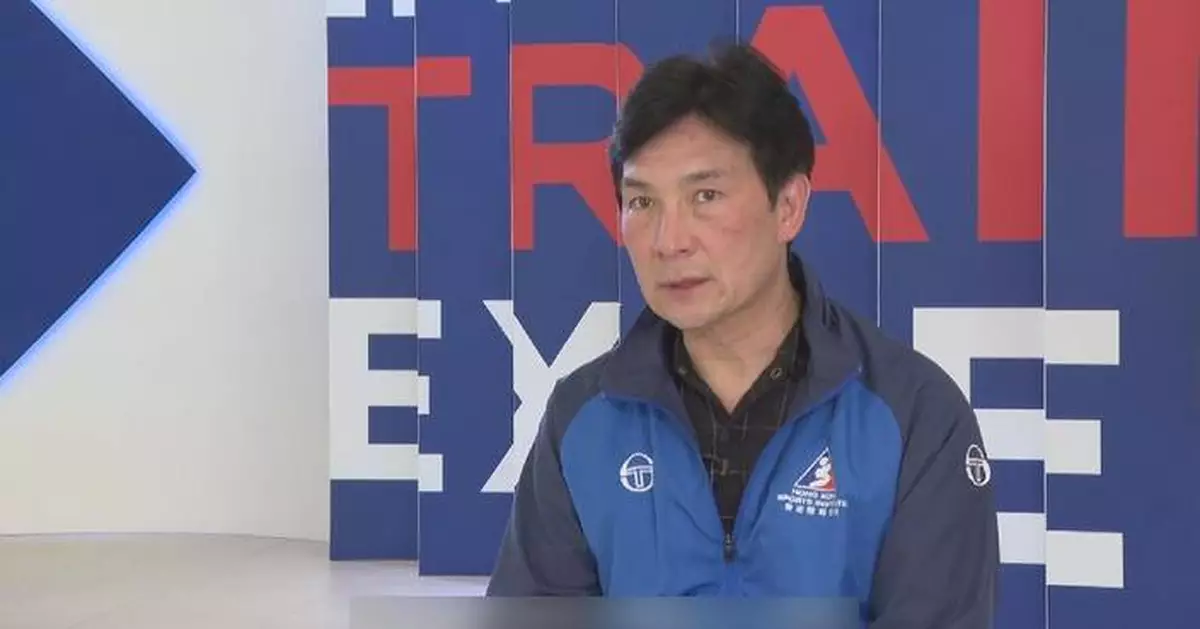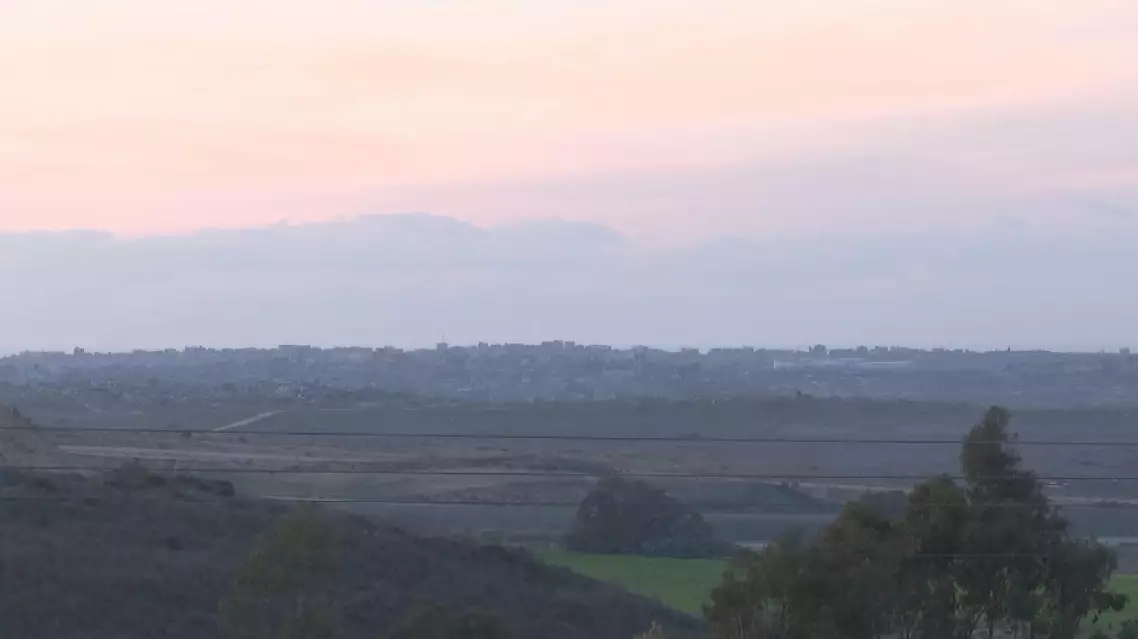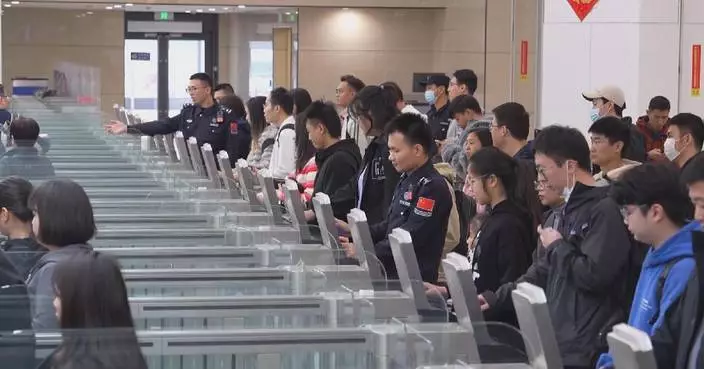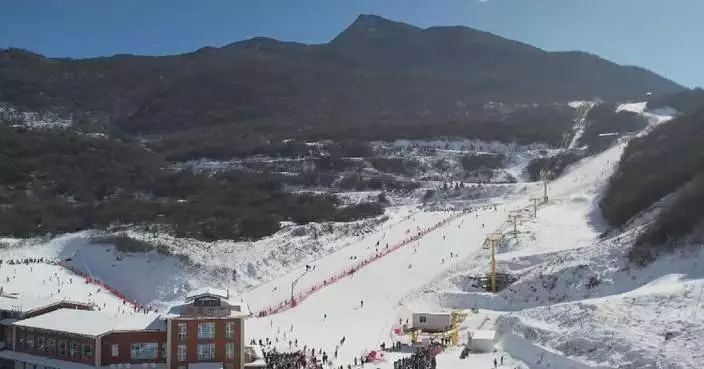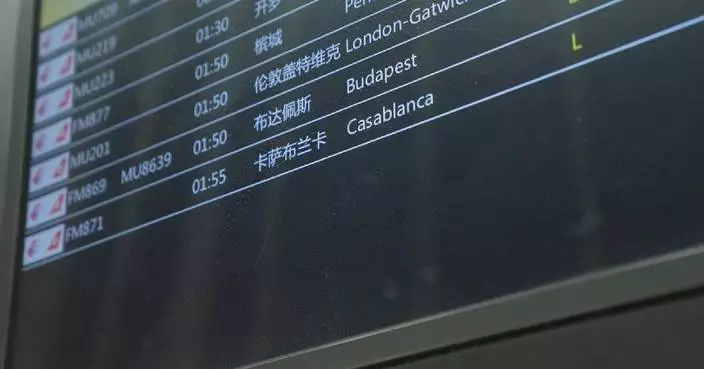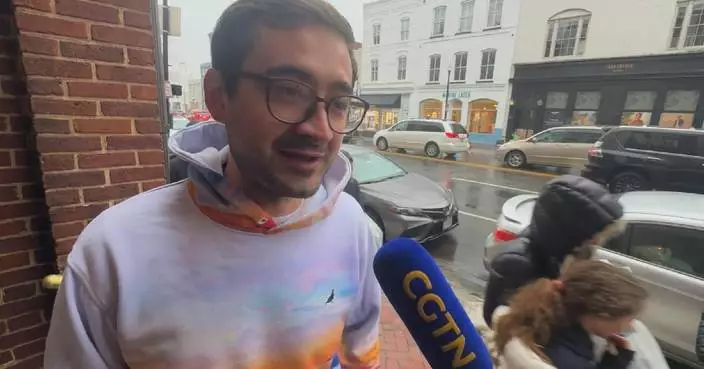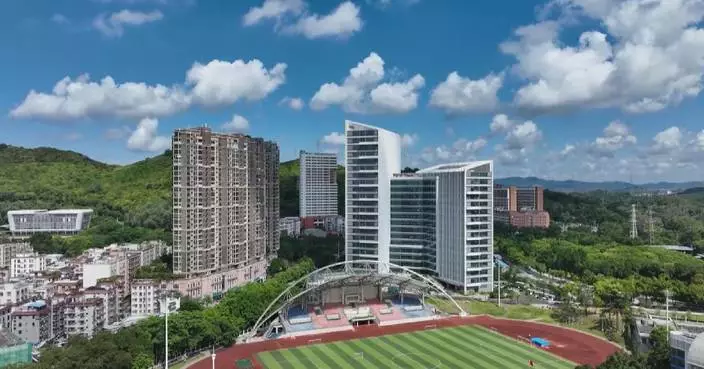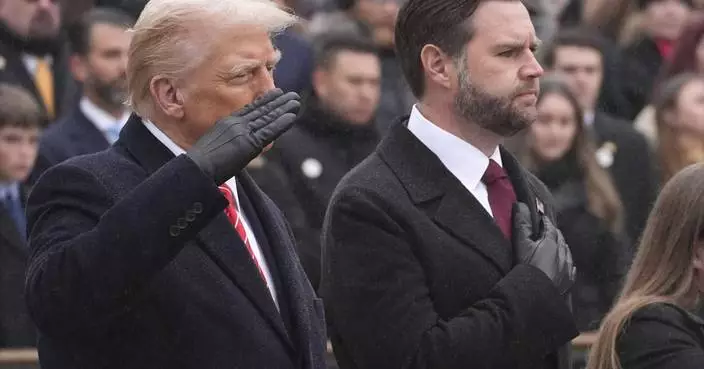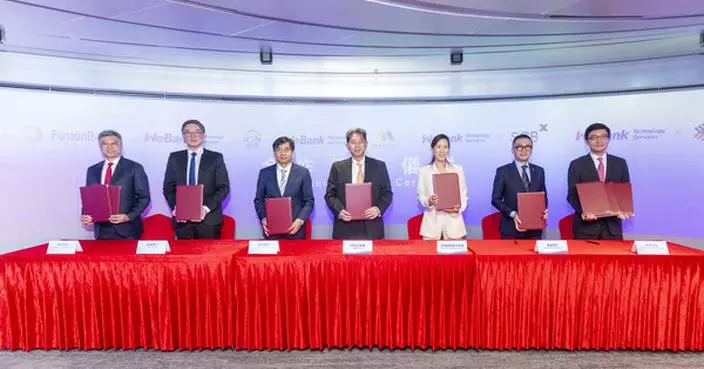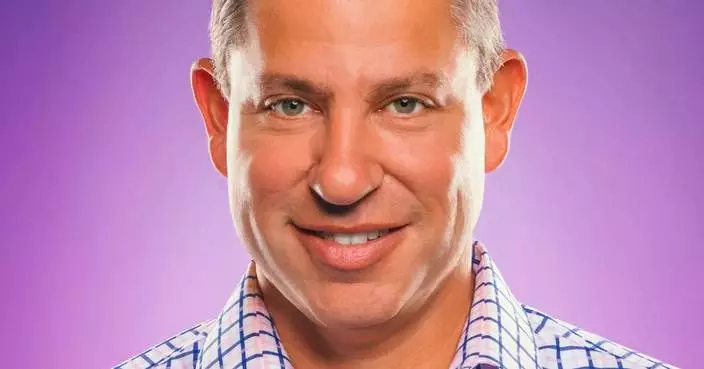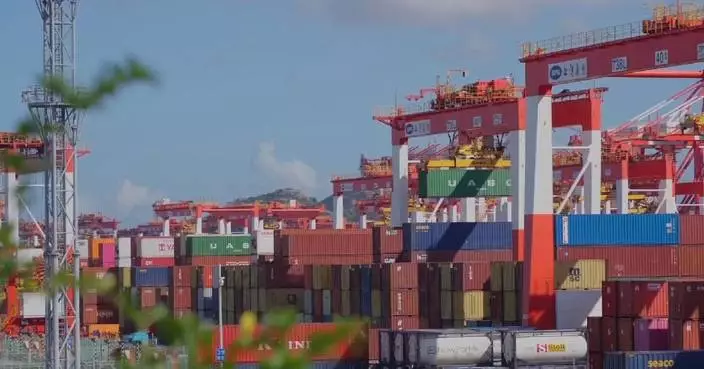With China's Hong Kong Special Administrative Region (HKSAR) emerging as a fencing powerhouse at the Paris Olympics, the head coach of the region's fencing team believes that the substantial investment from the Hong Kong government will help cultivate more champions in the sport.
Hong Kong's fencing team historically bagged two gold medals at Paris 2024, with Vivian Kong Man-wai winning the women's epee individual and Edgar Cheung Ka-Long defending his men's foil individual title.
This marks Hong Kong's third and fourth Olympic gold medals after winning the first in Atlanta 1996 and taking home the second from Tokyo 2020. The last three gold medals all came from the fencing events.
The remarkable achievements are the results of the HKSAR government's continuous efforts in vigorously promoting the development of the sword-fighting sport by increasing investment and resource allocation over the past two decades.
1982 saw the establishment of the Jubilee Sports Centre, the predecessor of the Hong Kong Sports Institute (HKSI), with fencing being one of the first nine key disciplines. In 2004, the HKSI was formally established.
In 2012, the HKSAR government set up the Elite Athletes Development Fund to provide sustainable financial support to the HKSI.
Hong Kong aims to cultivate elite athletes, but defining "elite" requires specific criteria. In an interview with China Media Group (CMG), Zheng Zhaokang, head coach of the Hong Kong fencing team, said he had instituted rules that required Hong Kong athletes to earn enough standings points and get certain attendance rates to reach the elite level.
"My definition is that the top eight athletes in the standings are considered elite, and all those who are not elite will be knocked out. Only the top four in the standings are eligible to represent Hong Kong in international competitions. A full-time athlete is required to practice at least 25 hours a week. There is nothing to bargain with me on training and competition. I have no room for negotiation. Because it will not produce a qualitative change without a quantitative accumulation," he said.
The HKSAR government said in the 2023 Policy Address that it remains committed to promoting the development of sports in Hong Kong through supporting elite sports, enhancing professionalism, maintaining Hong Kong as a center for major international sports events, developing sports as an industry, and promoting sports in the community.
The Culture, Sports and Tourism Bureau will continue to implement the 10-year Development Blueprint on Sports and Recreation Facilities, providing sports and recreation facilities such as sports centers, sports grounds and parks, amongst which include a swimming pool suitable for hosting international competitions, as well as an arena with fencing training and competition facilities, according to the address.
In addition to comprehensive training and support for elite athletes, which includes direct financial support, sports science and medicine support, as well as fitness and conditioning support, Hong Kong also encourages athletes to explore dual career and personal development.
The 30-year-old fencing queen Vivian Kong Man-wai is currently pursuing a Juris Doctor law degree at the Chinese University of Hong Kong, after earning a bachelor's degree in international relations from Stanford University and a master's degree in law from Renmin University of China.
Kong took up fencing at the age of 11, and then held the title of the National Junior Championships in the under-17 category after just two years.
Zheng, who started to serve as the head coach of the Hong Kong fencing team in 2011, was very supportive of Kong's later decision to go to university.
"When I started undertaking the job, she was already the individual champion of the Asian Junior Championships. Not long after I took over, she told me, 'Mr. Zheng, I want to go to university.' And I said, 'Fencing and studying are not contradictory. As long as you allocate your time properly, you can succeed in both, you can have a dual-track development,'" the coach told CMG.
Zheng was invited to coach the Hong Kong wheelchair fencing team in 1998, when the sport was still unpopular in Hong Kong. Sports talents from Chinese mainland have provided the region with professional strength. Zheng and Wang Changyong, former coach of Edgar Cheung Ka-Long, are from the provinces of Guangdong and Jiangsu respectively.
Since then, Hong Kong began to systematize and professionalize fencing training. Zheng reformed the team greatly as the head coach, not only introducing many coaches from the mainland, but also hiring a number of world-class coaches from Europe.
The HKSAR government has also invested resources to strongly support the employment of outstanding coaches from the mainland and overseas.
"After I became the head coach in 2011, I started to change the coaching staff. I came to Hong Kong from the mainland and I knew many trainers and practitioners in the circle of fencing on the mainland, so I invited some coaches from the mainland. After 2014, I started to invite more international and well-known coaches to teach in Hong Kong," said Zheng.
The development model integrating elite athletes, coaching expertise from mainland, and world top resources has helped carve out Hong Kong's unique path of promoting fencing. Zheng said that after years of preparation and arrangement, the fencing sport in Hong Kong has come to fruition, and more and more outstanding athletes like Kong and Cheung are expected in the region.
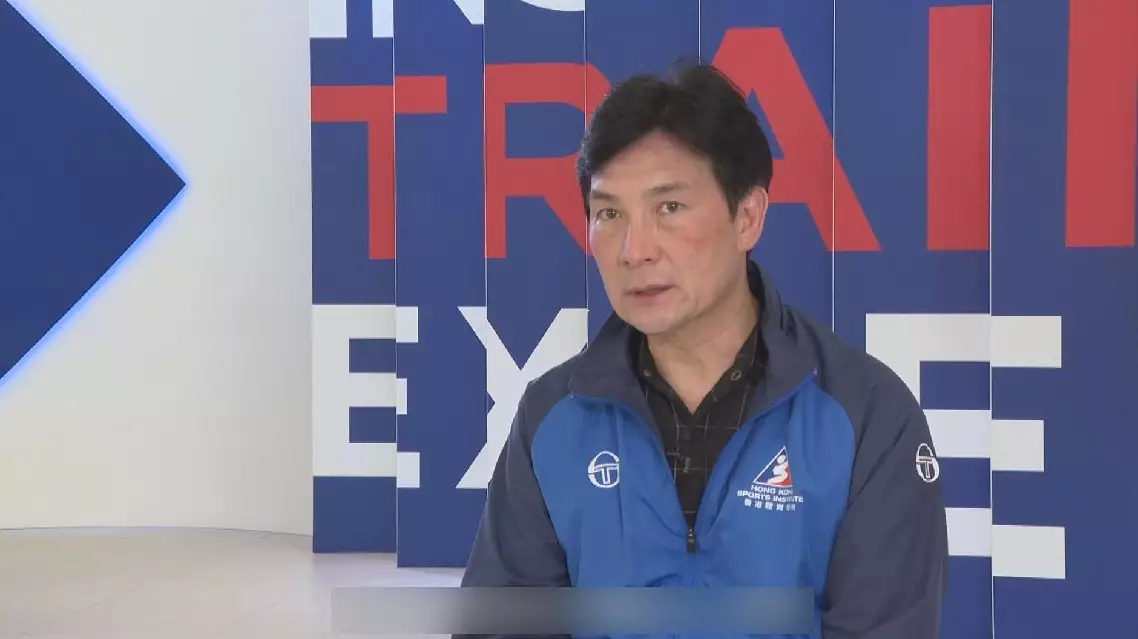
Hong Kong fertile ground for training Olympic fencing champions: head coach


